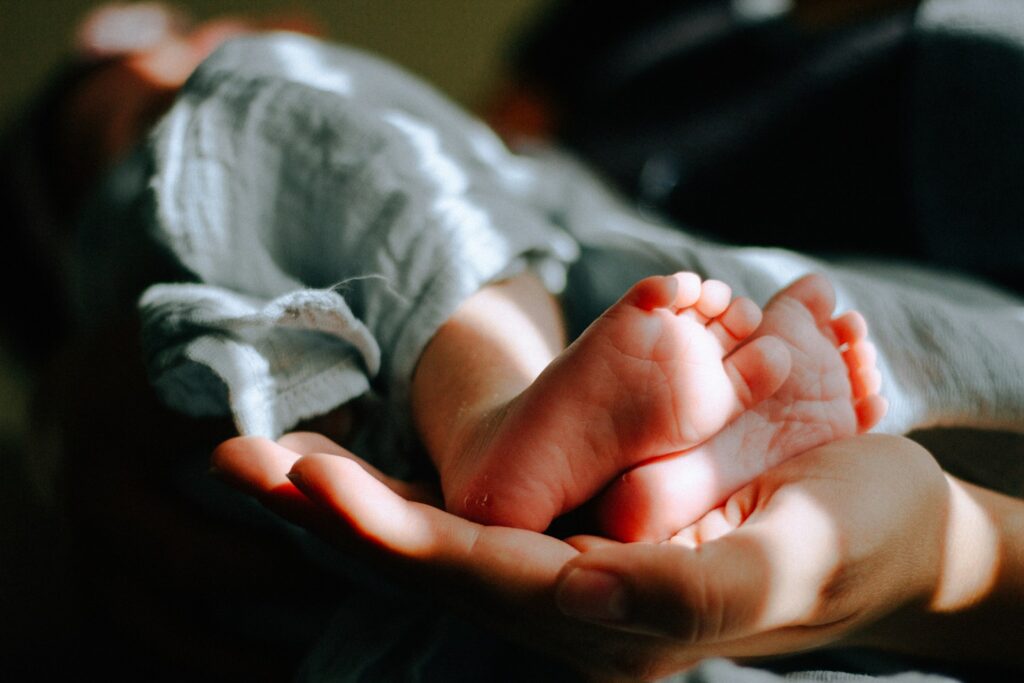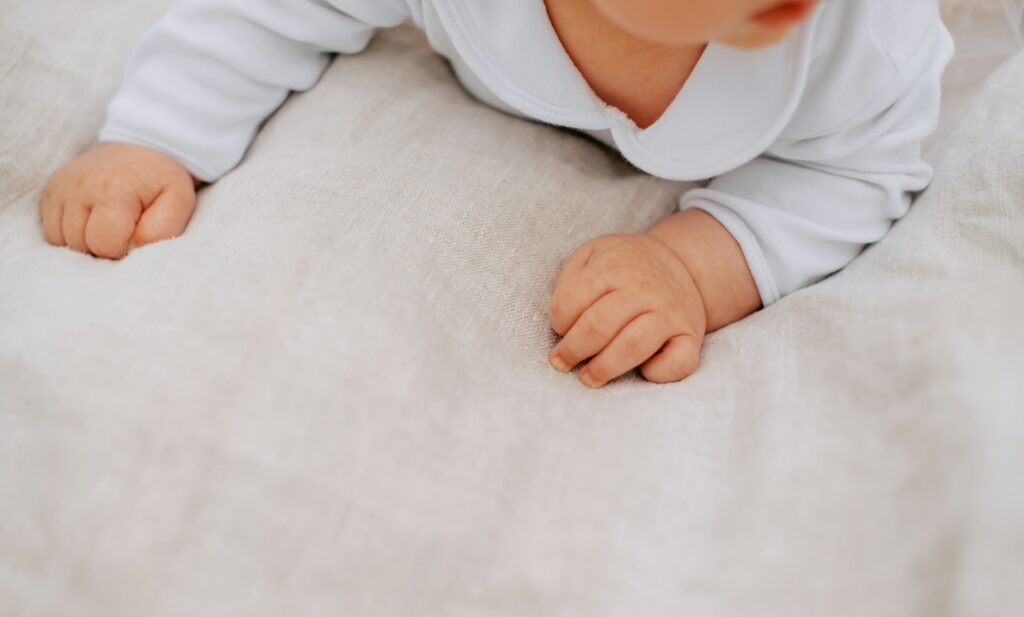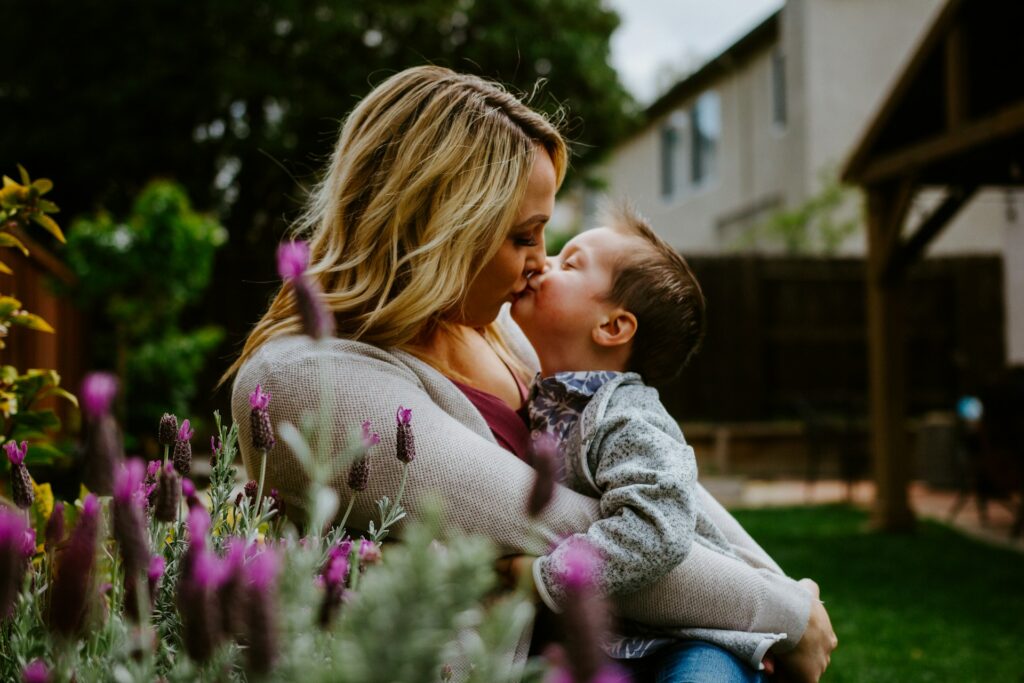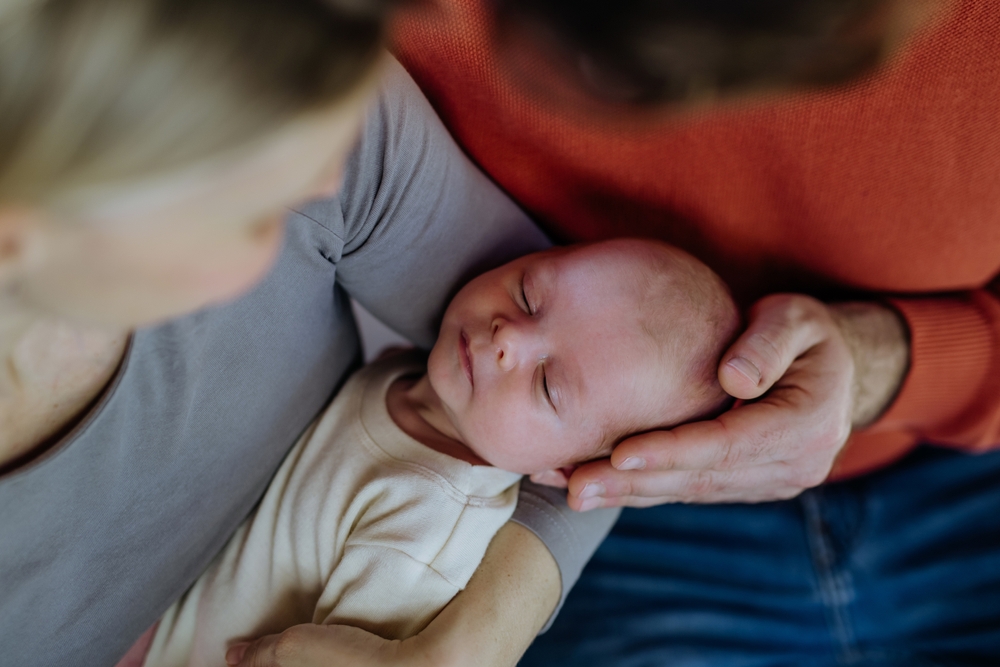Some baby names are beautiful on paper but become a lifelong game of correction. Whether it is a twist on tradition or a spelling meant to stand out, many names get tangled on people’s tongues. Despite the confusion, these names are still deeply loved by the parents who choose them. They offer uniqueness, heritage, and often a story worth telling. This article explores some of the most commonly mispronounced baby names and why they continue to rise in popularity.
Names With Unexpected Spellings

Creative spellings might look lovely, but they often throw people off. Take the name Siobhan, pronounced “Shuh-vawn.” It has Irish roots and carries elegance, yet its pronunciation surprises most unfamiliar readers. Another is Xochitl, a Nahuatl name pronounced “So-cheel,” which honors Mexican heritage but is rarely said right on the first try. Then there is Eowyn, inspired by fantasy literature and said “Ay-oh-win,” which confuses even fans of the source material. These names may challenge others, but to parents, they are treasures of culture, story, or sound.
Names With Silent or Unexpected Letters

Some names confuse people simply because they contain silent letters or unusual phonetics. Niamh is one example, pronounced “Neev.” It looks tricky at first glance, but it holds deep Irish significance. The French name Anaïs, pronounced “Ah-nah-ees,” includes a soft “s” sound at the end that many leave out. Then there is Joaquin, a Spanish name often butchered as “Jo-a-quinn” instead of the correct “Wah-keen.” These names often reflect a family’s cultural pride or admiration for certain traditions. Parents embrace them despite mispronunciations because of what they represent.
Names From Other Languages and Cultures

Globalization has made parents more adventurous with names, borrowing from languages around the world. But pronunciation does not always travel smoothly. The Indian name Aarav, said “Ah-ruv,” is often spoken as “Air-av” by English speakers. The Hawaiian name Kalea, pronounced “Kah-lay-ah,” often gets mistaken for “Kay-lee-ah.” Even the Arabic name Aaliyah, correctly said “Ah-lee-yah,” is sometimes misread as “Uh-lie-uh.” Choosing such names allows parents to celebrate global roots or simply appreciate the beauty of sound and meaning, even if others get it wrong at first.
Names That Sound Different Than They Look

A name might seem simple until someone says it out loud. For example, the Welsh name Rhys, pronounced “Reese,” is often misread as “Riss” or “Rice.” The Scandinavian name Bjorn is said “Byorn,” not “Bee-jorn.” Names like Aoife, pronounced “Ee-fa,” or Isla, pronounced “Eye-la,” leave many puzzled until corrected. Still, parents adore them for their uniqueness and melodic tone. They know the pronunciation might be a hurdle, but they value how the name feels and what it means to them.
Why Parents Still Choose These Names

Despite the challenges, parents often pick mispronounced names for strong reasons. Some want to honor their heritage or pass down cultural pride. Others seek originality, wanting their child’s name to stand out in a sea of Emmas and Liams. For others still, the name may carry a spiritual, personal, or literary connection. A child might be named after a character from a beloved novel, a grandparent from another country, or simply because the sound sparked joy. The name’s beauty, meaning, or history outweighs the inconvenience of frequent corrections.
How Parents Handle the Mispronunciations

Many parents expect the mispronunciations and prepare for them. Some give phonetic hints on birth announcements or social media introductions. Others gently correct teachers, family, and friends as needed. A few even choose nicknames to make things easier while preserving the name’s original form. In some cases, parents welcome the opportunity to teach others about different cultures or language patterns. They see these moments not as setbacks but as conversations that help people learn and connect.
Names May Be Misread, But They Are Never Mistakes

Parents who choose names others mispronounce are not setting their children up for struggle. Instead, they are making intentional choices that often reflect deep thought and heart. A name might confuse at first glance, but with time and care, it becomes familiar and respected. Every mispronounced name starts as a question and becomes a part of a story. And to the families who carry them, those stories are worth every correction.
A Future of Better Understanding

As society becomes more open to diverse names, mispronunciations may become less frequent. Popular culture, social media, and global friendships are already helping to normalize unfamiliar sounds. Children growing up today may be more likely to encounter names like Zuleika, Daequan, or Aisling and pronounce them correctly. The world is shifting toward greater inclusion and curiosity, and that means names once misunderstood may soon be embraced. For now, parents will keep choosing the names they love, knowing that meaning always matters more than how easy it is to say.
Read More: America’s Most Unpopular Baby Names
Disclaimer: This article was created with AI assistance and edited by a human for accuracy and clarity.

